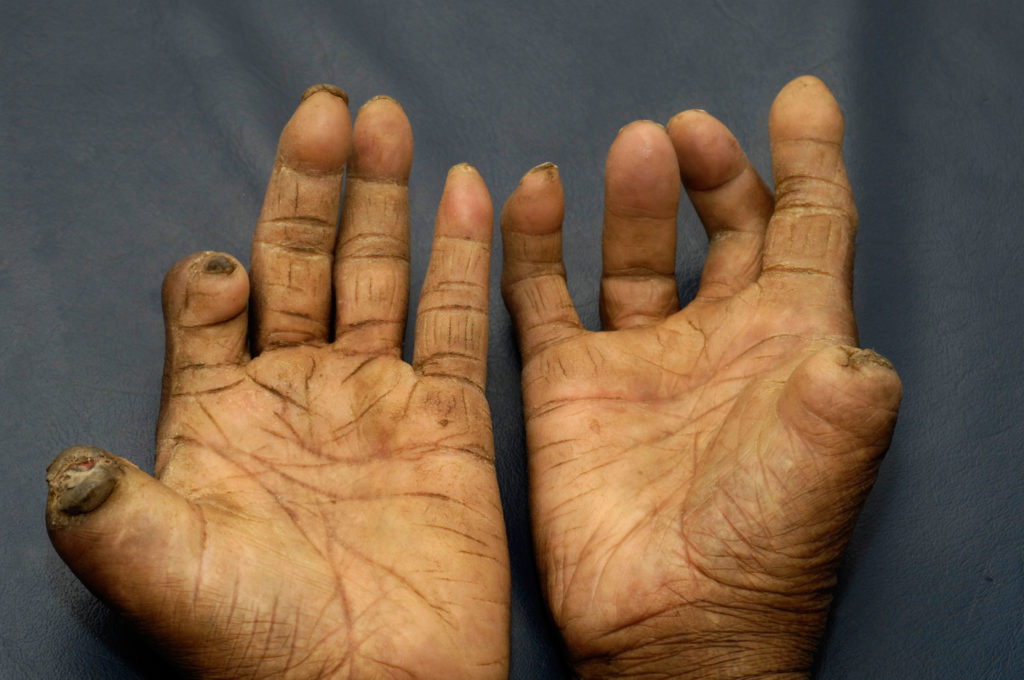By Xiu Ying, Contributing Reporter
RIO DE JANEIRO, BRAZIL – Alice Cruz, the United Nations Special Rapporteur for the Elimination of Discrimination against Persons Affected by Leprosy, stated a few days ago, that those who have been diagnosed suffer an “institutionalized and interpersonal” segregation in Brazil.

Although communities – more often called colonies – continue to operate in almost all the states of the country, they do not function within a model capable of mitigating the “institutional destitution” to which lepers are subjected, according to the expert.
The UN envoy stressed that Brazil is one of the few countries that have instituted an anti-discriminatory legal framework and remedial measures for lepers.
She evaluates that, even with pioneering initiatives and a decline in the incidence rate over the last decade, the disease remains an “extremely important issue”, due to its relationship with social and structural disparities.
Alice Cruz pointed out that Brazil is one of the countries presenting, at a global level, the highest rates of leprosy.
According to Brazil’s Ministry of Health, the country is among the 22 with the highest rates of the disease in the world.
Alice Cruz reported that during her work in Brazil, there were reports of cases of prejudice experienced by patients with leprosy and also the deepening of social vulnerability and the stigma imposed on these people.
She said that children were even expelled from school after professionals of the institution learned that one parent was a leper.
“It’s much more than a disease, it affects all aspects of a person’s life,” she warned.
Leprosy is a chronic disease in which the etiologic agent is the bacillus Micobacterium leprae. Leprosy infection can affect people of both genders and of any age.
However, as Alice Cruz pointed out, it is difficult to spread, as a long period of exposure to the bacteria is necessary, which is why only a small portion of the infected population actually succumbs to the disease.

